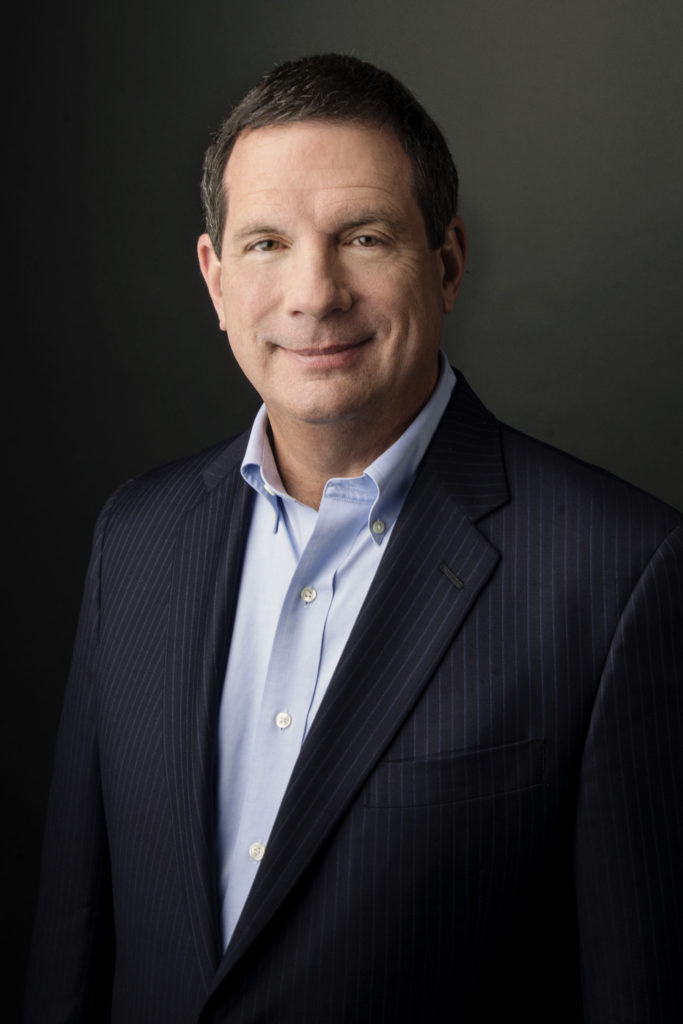
Simply stated, effectiveness is not always related to size. Here are some characteristics of healthy small churches.
By Thom S. Rainer
The size of a church is not always an indicator of its health. One might argue if a church were effectively reaching people it would not remain small. But that’s not always the case.
Many smaller churches are in locations with a small population base or areas of transition. But these communities still need churches, and many faithful leaders are serving those communities well.
Some smaller churches are not effective beyond the walls of the church. But neither are some mid-size churches, large churches, or megachurches. Simply stated, effectiveness is not always related to size. No matter the size, it’s important to gauge the health of your church.
Here are seven characteristics of healthy churches that specifically relate to small churches but indicate effectiveness no matter the size.
1. Pastors of healthy churches model evangelism. There are no evangelistic churches of any size where the pastor is not leading in evangelism. The gospel is central in healthy churches.
The sharing of the good news is natural and consequential. But leaders in these churches do not simply assume evangelism is taking place. There are constant reminders of the priority of evangelism.
2. Healthy churches reproduce. Any kind of healthy organism reproduces. Reproduction can occur in any number of ways, but the most common among smaller churches is Sunday school classes or small groups.
The growth doesn’t have to be exponential; one new class a year would exhibit growth. What is your strategy for creating additional Sunday school classes or small groups? And how are you developing new leaders?
3. They have a missional community presence. Healthy churches are intentional about ministering to the local community and connecting with people outside the church. They love and serve their community. They have deep relationships in their community.
Churches should find community needs that aren’t being met and then meet those needs. What would the people in your community say about your church?
4. Small, healthy churches play to their strengths. One of the strengths of a small church is close relationships—everyone knows everyone—so use that to your full advantage. But be careful not to allow the strength of those relationships to pull the focus of your church inward. Don’t forget to reach out to newcomers.
5. Healthy churches make disciples. An advantage of smaller churches is the ability to see who is being discipled and who is not. It’s essential for any church to have a clear process for making disciples—one that moves people toward greater levels of commitment to Jesus Christ. A great resource for discipleship is Disciples Path (Lifeway.com/DisciplesPath).
6. These churches do fewer ministries but do them better. Small, healthy churches realize they can’t be all things to all people. So the leaders of these congregations focus on doing fewer ministries but doing those few better than they could with an overabundance of activities.
7. Prayer is the lifeblood of healthy churches. This is true of any size church. The leadership emphasizes the importance of prayer and leads the congregation regularly in times of corporate prayer.
I realize many churches, especially small churches, are struggling. But I am keenly aware God is doing a great work in many congregations. I’ve seen churches averaging 80 in attendance who exhibit each of these healthy characteristics.
So to all of you who labor and serve faithfully in small churches, please accept my deepest gratitude for all you do for His glory. You have chosen to pour your life into a ministry that receives little earthly recognition. Thank you for your faithful ministry.
At Lifeway we strive to provide resources for churches of all sizes and partner with them in their mission of making disciples. I hope you’ll connect with us at Lifeway.com/Leadership where you’ll find leadership tools as well as links to resources for all areas of ministry within the life of a church.

Thom S. Rainer
Thom is the former President and CEO of Lifeway Christian Resources and author of numerous books, including Autopsy of a Deceased Church.










